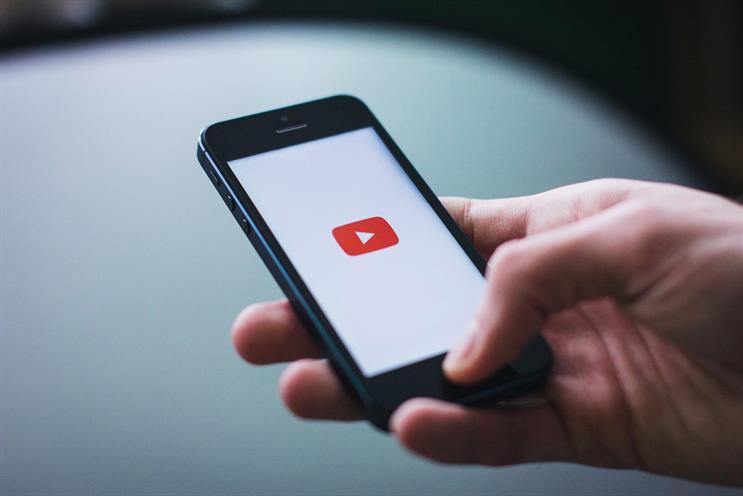
Samsung and L’Oréal are among a number of global brands that have unwittingly been advertising against climate-misinformation videos on YouTube.
A new investigation by activist group Avaaz discovered that YouTube has been driving millions of viewers to climate-denial videos with its recommendation algorithm.
It found that people who search "global warming" or "climate change" are given recommendations for climate-denial films via its "Up Next" feature and in the suggestions bar (which is found below the video on the mobile app or on the right side of the screen on desktop).
Examples of the videos include: "Actual scientist: climate change is a hoax" and "", the report said. Another vide claimed that there is no evidence CO2 emissions are the dominant factor in climate change – a belief contrary to the overwhelming body of scientific literature on the subject.
YouTube’s promoted videos drive the vast majority of what users watch on the site and the recommendation algorithms are responsible for about 70% of the total time users spend on the platform.
About one in six (16%) of the top 100 related videos for the search term "global warming" contained misinformation, Avaaz's report found.
Furthermore, YouTube is running ads – even from environmentally conscious groups such as the WWF – alongside videos denying climate change.
Greenpeace and Friends of the Earth are among a host of environmental groups that are calling on YouTube to stop promoting climate misinformation.
Carrefour, Decathlon, Ecosia, Greenpeace Spain, L’Oréal, Nikin, Samsung and WWF have confirmed to Avaaz that they were unaware their ads were accompanying these videos. They have all called on YouTube to take immediate action.
The revelations come three years after a wave of brand-safety issues on YouTube, when major brands' ads were served on child-exploitation videos and extremist content.
A spokesman for the Conscious Advertising Network called on brands to "take a hard, long look" at where their advertising is going. He said: "In the same way that hate has been monetised to an industrial scale by the platforms, misinformation and climate denial is now big business, inadvertently funded by brands. Facing into the climate emergency, the question is: has there ever been a more dangerous form of misinformation?"
YouTube has previously taken welcome steps to protect its users from anti-vaxx and conspiracy theories, Avaaz said, but has not acted with equal force against broader disinformation content, including climate misinformation.
Julie Deruy, senior campaigner at Avaaz, added: "Climate misinformation threatens the health and safety of our societies and our planet. YouTube has taken notable strides to act against disinformation, but our research proves that more is needed.
"YouTube can and should immediately move to include climate misinformation in the company’s borderline content policy and allow advertisers to exclude their ads from videos with climate misinformation."
A spokeswoman for YouTube said: "We can’t speak to Avaaz’s methodology or results, and our recommendations systems are not designed to filter or demote videos or channels based on specific perspectives. YouTube has strict that govern where ads are allowed to appear and we give advertisers tools to opt out of content that doesn’t align with their brand.
"We’ve also significantly invested in recommendations of borderline content and harmful misinformation, and authoritative voices on YouTube. In 2019 alone, the consumption on authoritative news publishers’ channels by 60%. As our systems appear to have done in the majority of cases in this report, we prioritize authoritative voices for millions of news and information queries, and surface information panels on topics prone to misinformation -- including climate change -- to provide users with context alongside their content. We continue to expand these efforts to more topics and countries."




.jpg)
.jpeg)
